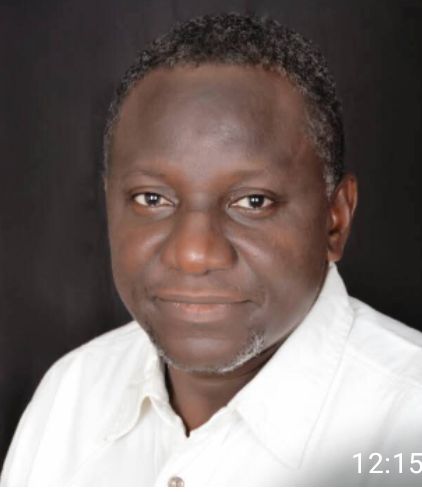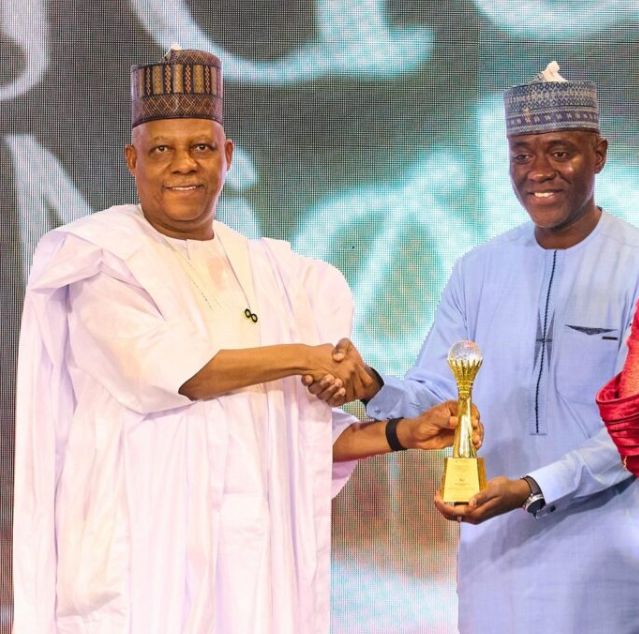Why We Fight Govt, “Most Dangerous” Bandit Leader, Bello Turji Opens Up

Bello Turji, described in security circle as one of the most dangerous leaders of the Bandits operating in many parts of the Northwest has given reasons why he and his men sre fighting the government.
He also confirmed that he participated in a series of peace meetings with the Zamfara State Government during the administration of former governor Bello Muhammad Matawalle, now Minister of State for Defence, but that he had never received ₦30 million or any material inducement as part of the process.
In a separate video widely circulated online, Bello Turji said that past political leadership in Zamfara and Sokoto states laid the foundation for the lingering insecurity in the Northwest.
According to him, former governments of Zamfara and Sokoto had armed vigilante groups, popularly known as ‘Yan Banga,’ to be constantly attacking Fulani communities unprovoked.
Bello Turji stressed that the attempt by the unjustly attacked Fulani people to defend themselves from such attacks snowballed into deadly violence.
He specifically named former Sokoto State governor, Attahiru Bafarawa and former Zamfara State governor, Senator Ahmed Sani Yerima for being responsible for the crisis in the Northwest and called for their arrest.
The Bandit leader insisted that the two former governors should be investigated for their roles in the crisis.
Bello Turji distanced himself from any political influence, saying that he is not acting on behalf of any politician or interest group.
“We openly say that former governors of Zamfara and Sokoto, Bafarawa and Ahmed Sani Yerima, are responsible for the calamities that befell these states.
“We are not politicians, and we are not tools of politicians. There is no human being backing us.”
Reacting to a statement by Musa Kamarawa, a former peace mediator appointed by the Sokoto and Zamfara state governments to facilitate non-kinetic engagement with armed groups, Bello Turji denied receiving any money during the meetings.
He said that though peace talks took place, neither he nor any Fulani leader acting on his behalf received money or vehicles.
“By Allah, since I was born, I have never possessed even five million naira. What I am doing is not for personal gain. We were never given the ₦30 million you are talking about.”
According to him, the meetings with government officials were solely aimed at reducing violence and restoring peace in the state, stressing that he did not benefit financially from the engagement.
He accused Kamarawa of betraying the trust built during the negotiations and peddling what he described as false and malicious testimony.
Addressing Kamarawa directly, Bello Turji said: “when the Zamfara State government appointed you, we agreed on peace. But what you are saying now is full of lies and deceit. I did not even receive three million naira.”
Kamarawa had alleged in a viral video that the former Zamfara governor held meetings with bandit leaders, including Turji, at the Government House in Gusau and allegedly distributed cash and vehicles to them.
He specifically claimed that Turji collected ₦30 million during the peace initiative.
Although Turji did not address reports of any recent negotiations with the Federal Government, he framed his remarks as a personal defence, insisting he was speaking “before Allah alone.”
Despite his claims, Nigerian security agencies have repeatedly identified Bello Turji as one of the most dangerous armed group leaders operating in the North-West, with the military previously declaring him wanted for terror-related activities.







 The Director-General of AJACCIMA, particularly assured members of the group as well as stakeholders of the unwavering support “for this initiative and our commitment to partnering with the state government to drive the growth and development of Ajaokuta city.
The Director-General of AJACCIMA, particularly assured members of the group as well as stakeholders of the unwavering support “for this initiative and our commitment to partnering with the state government to drive the growth and development of Ajaokuta city.




